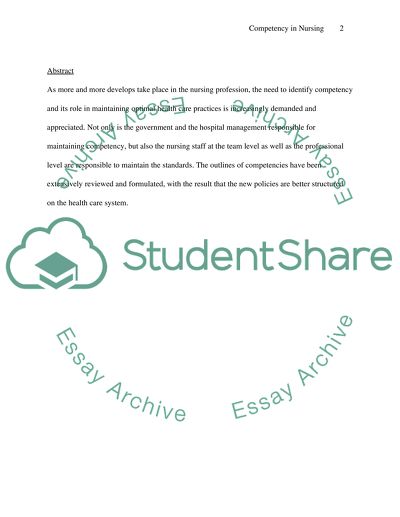Cite this document
(“Competency in Nursing Essay Example | Topics and Well Written Essays - 2000 words”, n.d.)
Retrieved de https://studentshare.org/sociology/1509047-competency-in-nursing
Retrieved de https://studentshare.org/sociology/1509047-competency-in-nursing
(Competency in Nursing Essay Example | Topics and Well Written Essays - 2000 Words)
https://studentshare.org/sociology/1509047-competency-in-nursing.
https://studentshare.org/sociology/1509047-competency-in-nursing.
“Competency in Nursing Essay Example | Topics and Well Written Essays - 2000 Words”, n.d. https://studentshare.org/sociology/1509047-competency-in-nursing.


